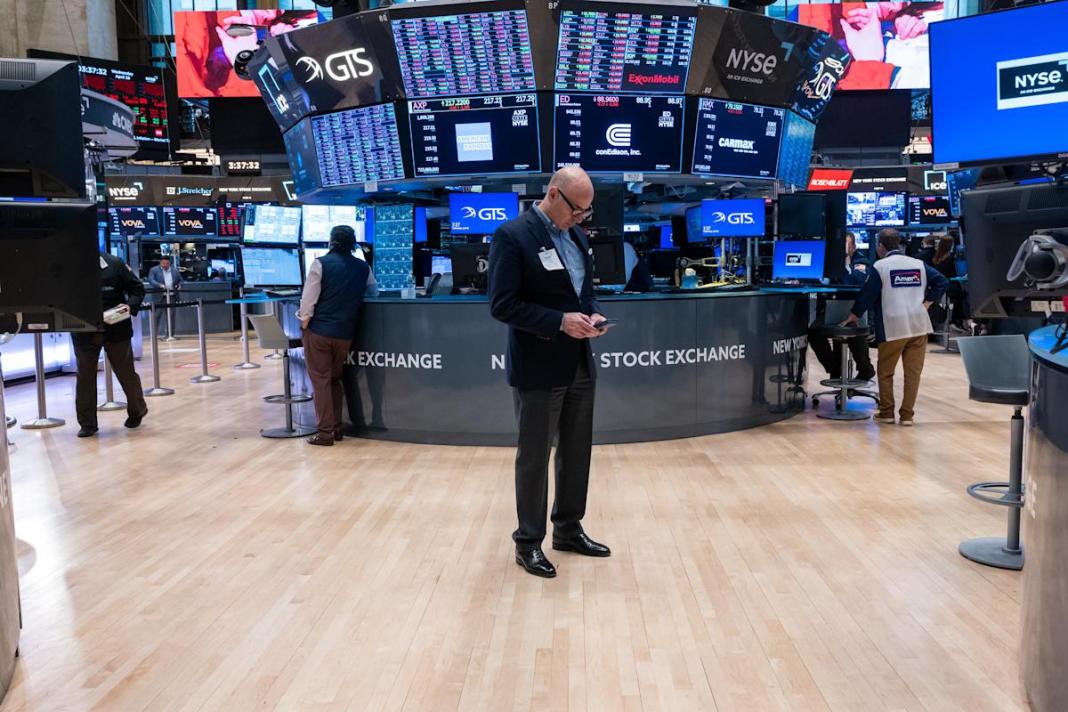European Economic Powers Unite to Counter US and China Industrial Policies
Top officials from France, Germany, and Italy have come together to pledge a coordinated economic policy aimed at countering the efforts of the United States and China to protect their own businesses. This move comes as more than 2,500 industrial policies were introduced last year, a significant increase from 2019.
The trend of industrial policies, which include measures like subsidies, tax incentives, regulations, and trade restrictions, has been embraced by many advanced economies, signaling a shift away from the traditional free-market ideology. This shift has been driven by recent global challenges such as the pandemic, supply chain disruptions, and geopolitical tensions.
While these policies are popular domestically, they have raised concerns among international leaders and economists who fear they could slow global growth. The debate around industrial policies is expected to take center stage at the upcoming spring meetings of the International Monetary Fund and the World Bank in Washington.
Despite the growing popularity of industrial policies, skeptics like M. Ayhan Kose of the World Bank warn that they could have negative consequences and hinder overall economic growth. The IMF has developed new guidelines for implementing industrial policies, emphasizing the importance of addressing market failures and avoiding discrimination against foreign firms.
As Europe grapples with how to compete with the US and China, the European Union is moving towards more coordinated economic interventions. France has proposed aggressive measures to support European-made products, while Germany has been more cautious. However, there is broad support for increasing funding, reducing regulations, and promoting a single market for investments.
The push for industrial policies in Europe is focused on stimulating green and digital technologies, with plans to adopt a new five-year strategic plan. As France’s finance minister Bruno Le Maire stated, Europe needs to show its determination to defend its industry in the face of global competition.


